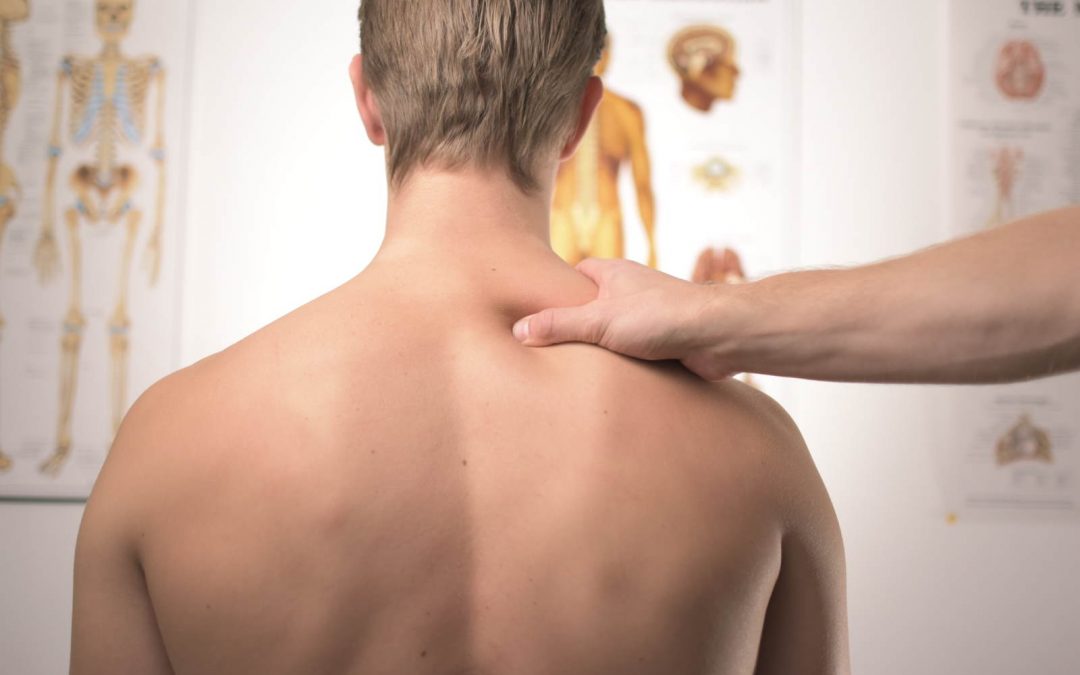More and more studies show that the placebo effect has a significant impact on the success of pain management. Studies on the mechanisms of placebo effects in pain show that placebos not only ensure that perception of pain is reduced, but even that there is pain signals from the brain are lower than without placebo. Neuroscientists, or brain researchers, ascribe this phenomenon to the body’s production of ‘natural opioids’ including endorphins and dopamine.
Pain is a type of psychological experience that can significantly reduce the quality of life, and for some, it is a profoundly unwelcome lifelong companion. Today, new insights and research on the effects of placebo open up the possibility of fighting pain more successfully, virtually eliminating side effects, and promoting the positive effects of medicines.
The placebo effect has long been considered in medicine to be a disruptive phenomenon. The meaning of the term “placebo effect” is not just a mysterious effect of inert healing or treatment, but a complex network of psychological effects surrounding medical treatment. The effect has great application in general well-being and there are many benefits from it that everyone can exploit given the right knowledge.
Salt water instead of medication
The examinations of the US doctor Henry Beecher are considered a pioneering achievement in placebo research. He had run out of morphine used for pain treatment of seriously injured soldiers in World War II. For several days he injected patients with salt water instead of morphine – without their knowledge. The soldiers were ‘miraculously’ spared from pain for several days.
The placebo effect is most evident in the treatment of pain. This can be seen by the practice of the Italian neurologist Fabrizio Benedetti. The study was made at his clinic, to patients who underwent thoracotomy for lung surgery. Several hours after the anesthesia had worn off, the patients were split into control groups. One group of patients were given real painkillers. The second group was simply injected with saline and were told that it was a ‘potent painkiller’. The rest of the patients received no treatment at all. The research showed that the patients injected with saline had a significant placebo effect resulting in very little pain compared to the group that received no treatment.
Ancient cure of nature: the brain produces substances that switch off pain
The sooner people had reason to believe that the infusion would relieve their pain, the less real medication they needed. Without knowing it, these patients benefited from this ancient cure of nature.
The explanation for this is that the expectation and the hope of healing leads to the brain triggering the production of the body’s natural painkillers which are similar in chemical composition to opiates. These substances in turn bind to the receptors in the nervous system that initiated the pain and reduce their activity.
The patient’s mindset plays a great role
All medical and nursing actions generate certain expectations in the patient. A good doctor-patient relationship is one of the most important factors. Anyone who distrusts the doctor’s expertise may get a lower success rate even when receiving statistically proven medicine.
Added to this is the way doctors and nurses convey information to their patients. The effect has been described as a “neurobiological effect that is evoked by psychological processes” so the behaviour of the medical staff in the way they elicit trust, empathy and professionalism is of importance. Communication is also key. For example, if the doctor says that “this medicine will relieve the pain” the effect will be greater than if you just hear that “this may help”. Price, quality of packaging, colours, size of the pill and branding also have power: if you get a recommendation for 2 different medicines, you are more likely to have an unconscious belief that the larger, most expensive drug will be more effective for you.
Knowingly taking placebo pills should not be done in place of your doctor’s medical advice, but in the absence of alternatives, placebo can be safely used with no side effects to help make you life more comfortable.


Recent Comments